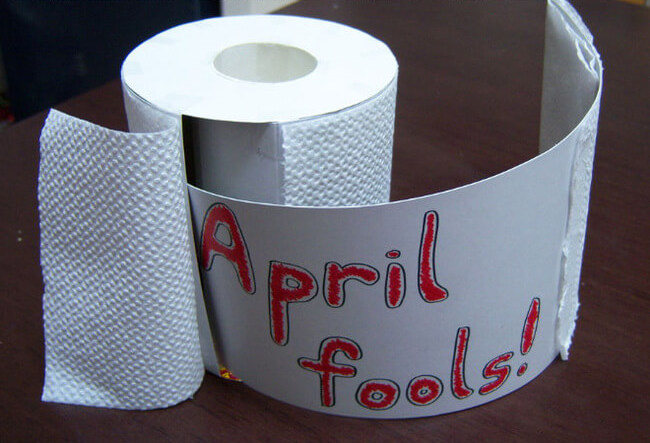


“What strikes me is the fact that you’ve got these traditions in Ireland, in Scotland, in France. Nearly 500 years later, similar behaviors are outlined in a 1902 Akron, Ohio, newspaper article as a popular way to celebrate April 1.
#April fools prank pratfalls litter history series
In fact, an article published by the Library of Congress notes that the first official reference to the devious holiday comes from a 1561 poem by Eduard De Dene, a Flemish poet who writes about how much fun it is to send his servant on a series of unnecessary tasks, which you might recognize as the origin of the term "fools errands." Given that there’s an undercurrent of mean-spiritedness at the heart of practical jokes, why do we play them in first place? And why on April 1 specifically? “There’s a basic element of just lying to someone,” Federman tells, adding that it’s human nature to trust someone’s words so we feel silly when we’ve been fooled, which is the opposite of what an actual joke is meant to do. “The underlying theme of it is to trick you, perhaps humiliate you or embarrass you,” Wayne Federman, comedian and professor at the University of Southern California, tells .ĭepending on the prank, this can be pretty amusing to the perpetrator - but not so much the victim. Unsurprisingly, most of the respondents preferred being the prankster rather than having jokes played at their expense. According to a 2021 YouGov poll, 47 percent of the American asked said that they found practical jokes annoying, while 45 percent said they were funny.

While they might not be harmful, not everyone appreciates being the butt of a joke.


 0 kommentar(er)
0 kommentar(er)
